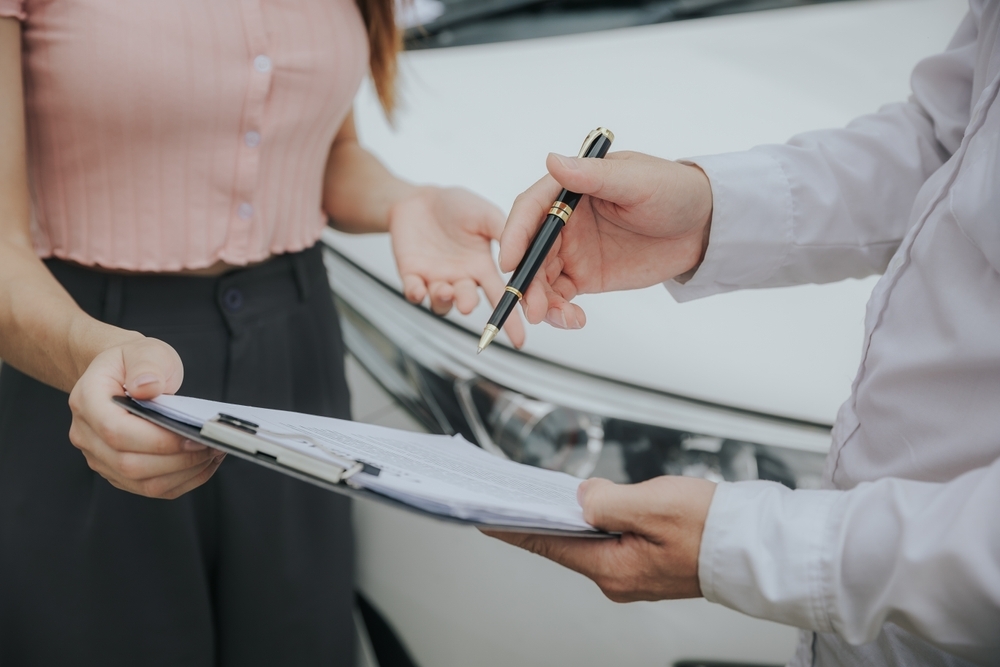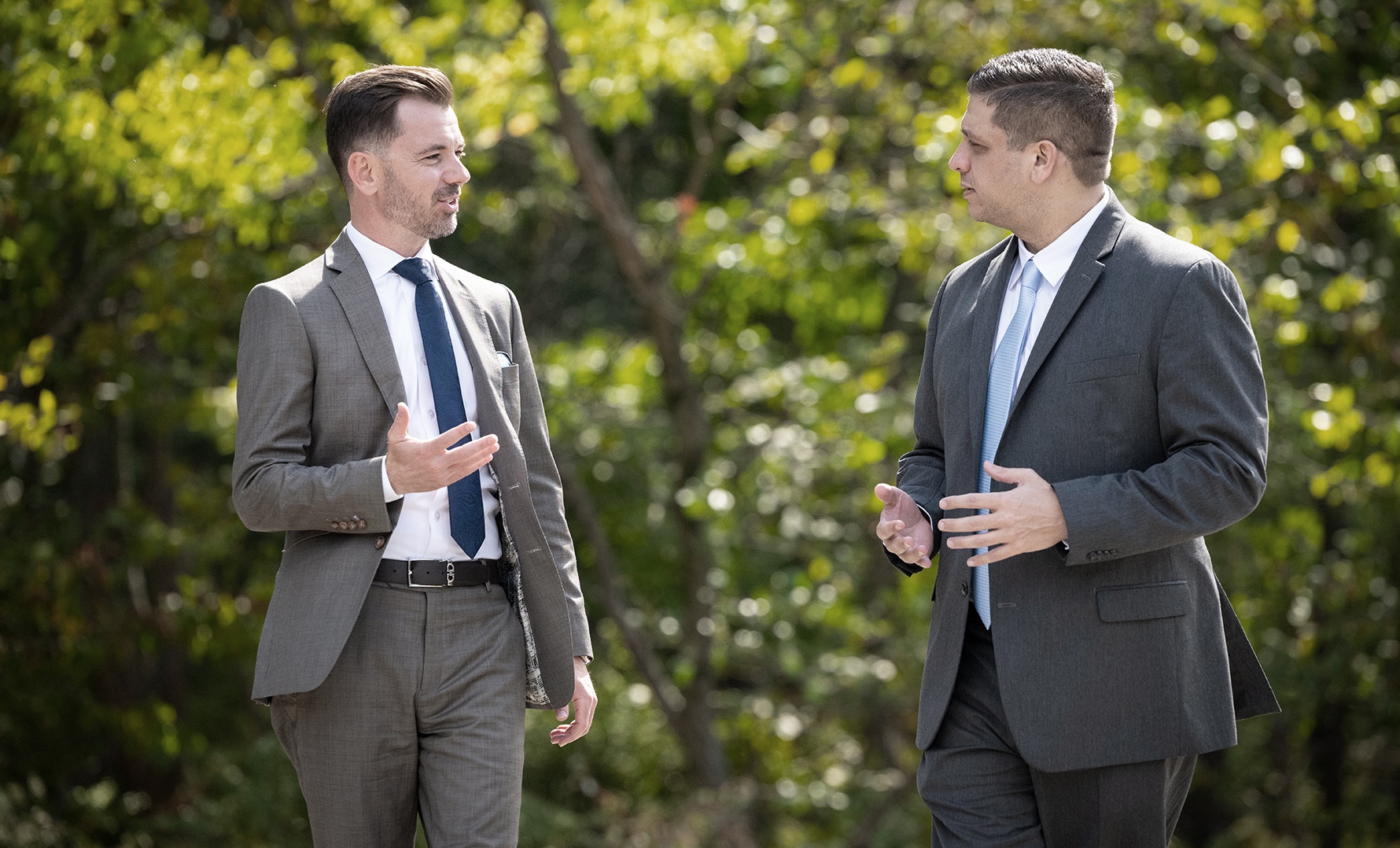
After a car accident, the phone might start ringing almost immediately. It could be the other driver’s insurance company wanting to ask you “a few quick questions.” But before you say anything, you may wonder: How long should you wait before talking to the other driver’s insurance company? The short answer? You shouldn't rush into it. What you say can significantly affect your ability to recover compensation.
In this guide, we’ll break down why you should be cautious, what your rights are, and when it’s actually safe—or smart—to engage.
Why the Other Driver’s Insurance Company Wants to Talk
Insurance companies aren’t calling to help you—they’re calling to help themselves. Their goal is to gather information that protects their bottom line, not your best interests.
When an adjuster contacts you after an accident, they may sound friendly and cooperative. However, they’re trained to get you to say things that could later be used to deny your claim or reduce your payout. They may ask questions like:
- “Can you describe how the accident happened?”
- “Were you injured at the scene?”
- “Did you see a doctor yet?”
Even casual comments like “I’m fine” or “I didn’t see them coming” can be twisted to work against you.
How Long Should You Wait Before Talking to the Other Driver’s Insurance?
You should not speak to the other driver’s insurance company at all until you’ve consulted with a personal injury attorney. Ideally, your attorney should handle all communication on your behalf.
This isn’t about being difficult or confrontational. It’s about protecting your rights. Once you have legal representation, the insurance company is required to speak with your attorney instead of contacting you directly.
If you've already spoken to them, don’t panic. Just avoid any further contact until you get legal advice.
What If the Insurance Company Pressures You?
Some insurance adjusters may try to create a sense of urgency. They might say things like:
- “We just need to get your side of the story.”
- “It’s standard procedure to take a recorded statement.”
- “If you don’t respond soon, it could delay your claim.”
These tactics are meant to push you into saying something before you've had time to think things through. But you are not legally required to give a recorded statement to the other driver’s insurer.
In New Jersey, the only insurance company you’re obligated to cooperate with is your own. Even then, you should be careful and consider legal guidance before making statements.
The Risks of Talking Too Soon
The sooner you speak to the other driver’s insurance company, the higher the risk you’ll say something that weakens your claim. Here’s why early contact can hurt you:
1. You Might Not Know the Full Extent of Your Injuries
Some injuries—like whiplash, internal bleeding, or concussions—can take days or even weeks to surface. If you talk to the insurance company right away and say you’re “not hurt,” they might use that against you later when medical issues arise.
2. You Might Unintentionally Admit Fault
Even a simple “I didn’t see the other car” can be interpreted as an admission of liability. And once you’ve made that statement, it becomes part of the record.
3. They May Use Your Words Against You
Insurance adjusters are skilled at asking leading questions that encourage you to downplay the accident. They’ll then use your own words to argue against your right to fair compensation.
Similar Post: Recovering from a Car Accident in New Jersey: Steps to Maximize Your Injury Claim
When Should You Talk to the Other Driver’s Insurance Company?
If you’re represented by an attorney, the best time to speak to the other driver’s insurance company is never. Your attorney will handle all communications and ensure nothing is said—or left out—that could harm your claim.
If you haven’t hired a lawyer yet, the answer depends on your specific situation. But even then, you should not talk to the other driver’s insurer until you’ve had time to understand your injuries, gather evidence, and get legal advice.
What You Should Do Instead
Right after an accident, you’re likely overwhelmed. But instead of talking to the other driver’s insurance company, focus on these steps first:
1. Get Medical Attention
Always prioritize your health. Even if you don’t feel seriously injured, it’s crucial to get checked by a doctor. This also creates a medical record that links your injuries to the crash.
2. Notify Your Own Insurance Company
While you’re not required to speak to the other driver’s insurer, you do need to notify your own carrier about the accident. Just keep the details brief and factual. Avoid speculating about fault or downplaying injuries.
3. Document Everything
If you’re able, take photos at the scene. Capture vehicle damage, road conditions, and visible injuries. Also, gather witness names and contact information. Keep copies of all medical records, repair estimates, and communication with insurance companies.
4. Contact a Personal Injury Attorney
This is the most important step. A personal injury attorney can help you understand your rights, assess the value of your claim, and deal with insurance companies for you. They know how to push back when adjusters try to devalue your case.
Similar Post: 10 Things You Need to Do After a Car Accident
What If You’ve Already Spoken to the Insurance Company?
If you’ve already talked to the other driver’s insurer, it’s not too late to get help. An attorney can step in and take over communication. Let them know what was said, and they can work to correct any issues before they affect your claim.
Should You Ever Agree to a Recorded Statement?
No, not without legal representation. Insurance adjusters may request a recorded statement under the guise of moving things along. But once it’s recorded, it’s on the record—and there’s no easy way to walk it back.
An attorney will advise you whether a statement is necessary and, if so, will prepare you in advance to ensure your rights stay protected.
What Happens If You Wait Too Long to Report the Accident?
While you shouldn’t rush to speak with the other driver’s insurer, you also don’t want to wait too long to report the crash. Failing to act in a reasonable time frame can delay your claim or even give the insurance company a reason to deny it.
In New Jersey, most insurance policies require you to report an accident “promptly” or within a specific number of days. So it’s best to notify your own insurer as soon as possible—just remember to be careful with what you say.
Final Thoughts: Be Cautious and Protect Your Rights
So, how long should you wait before talking to the other driver’s insurance company? As long as it takes to speak with a personal injury attorney. There's no benefit to rushing the process, and there’s a lot to lose if you say the wrong thing too soon.
Insurance companies have experienced adjusters working to protect their interests. You deserve someone fighting just as hard for yours.
Injured? Speak With a New Jersey Car Accident Lawyer From Camili & Capo Today
At Camili & Capo, we know how to handle pushy insurance companies and misleading tactics. If you've been injured in a car accident, let us deal with the insurance adjusters so you can focus on healing.
Call us today at (973) 834-8457 or contact us online for a free consultation. We’re here to help you understand your rights and fight for the compensation you need to move forward. Our firm proudly represents clients in Newark, East Rutherford, Fair Lawn, Bloomfield, and throughout New Jersey.
Disclaimer: This blog is intended for informational purposes only and does not establish an attorney-client relationship. It should not be considered as legal advice. For personalized legal assistance, please consult our team directly.

